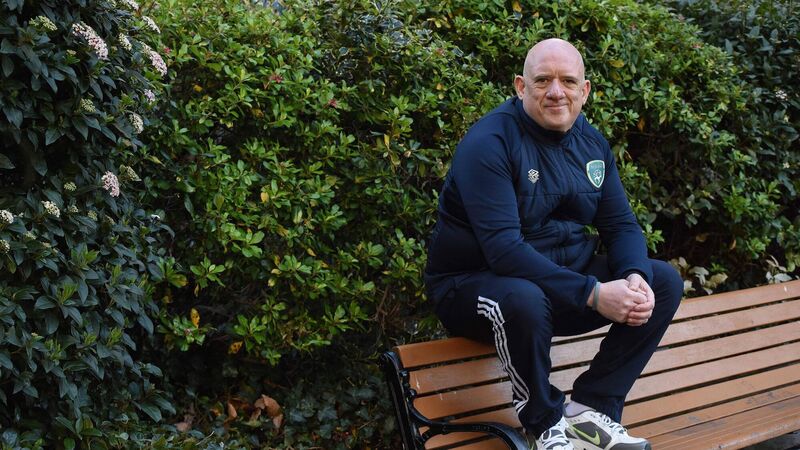Immunotherapy: Harnessing the body's immune system to fight cancer

Brendan Muldoon, from Sallins., Co. Kildare, has stage IV colon cancer but is living an active life thanks to immunotherapy drugs. Photograph Moya Nolan
Try from €1.50 / week
SUBSCRIBE
Brendan Muldoon, from Sallins., Co. Kildare, has stage IV colon cancer but is living an active life thanks to immunotherapy drugs. Photograph Moya Nolan
Brendan Muldoon from Leixlip in Co Kildare has stage IV colon cancer that has spread to his liver. Yet this 49-year-old former construction worker leads a full and active life thanks to immunotherapy, a form of cancer treatment that has the potential to revolutionise cancer care.
Muldoon has just returned from a 10k walk when he sits down to chat over the phone. Walking keeps him busy now that he’s no longer able to work.
Already a subscriber? Sign in
You have reached your article limit.
Annual €130 €80
Best value
Monthly €12€6 / month
Introductory offers for new customers. Annual billed once for first year. Renews at €130. Monthly initial discount (first 3 months) billed monthly, then €12 a month. Ts&Cs apply.
CONNECT WITH US TODAY
Be the first to know the latest news and updates
Newsletter
The best food, health, entertainment and lifestyle content from the Irish Examiner, direct to your inbox.
Newsletter
The best food, health, entertainment and lifestyle content from the Irish Examiner, direct to your inbox.

Our team of experts are on hand to offer advice and answer your questions here
© Examiner Echo Group Limited